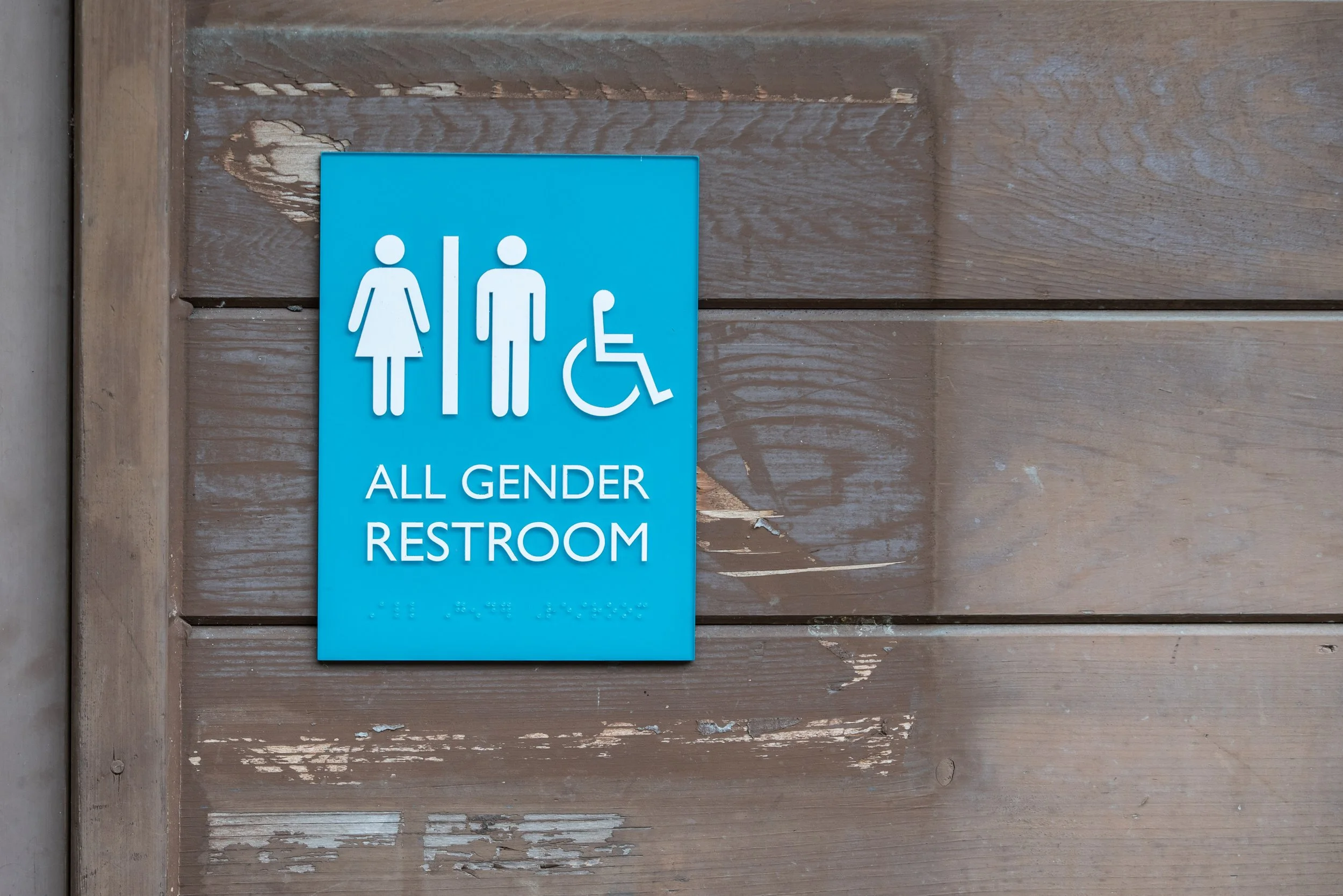NO U-TURN ON SINGLE-SEX SPACES
On 16 April 25, the Supreme Court handed down judgment in For Women Scotland v Scottish Ministers [2025] UKSC 16. The definitions of "woman", "man" and "sex" in the Equality Act 2010 were confirmed to refer to biological sex.
9 days later - 25 April 2025 - the EHRC published an interim update in an attempt to help employers deal with the practical consequences of the judgment. The interim guidance stated that it was compulsory for workplaces to provide single-sex facilities for workers (toilets and changing/washing facilities, if needed). As such, this meant a trans-person had to use toilets/facilities that aligned with their biological sex at birth i.e. a trans-woman had to use a male toilet. The guidance advised that where possible, mixed sex toilets/facilities should be provided in addition to sufficient single-sex facilities.
“Where changing and washing facilities are required, and where necessary for reasons of propriety, there must be separate facilities for biological men and women, or separate use of those facilities e.g. separate locker rooms.”
On 24 June 2025, the EHRC amended its interim guidance to remove the wording which stated that it was ‘compulsory to provide sufficient single-sex toilets, as well as sufficient single-sex changing and washing facilities, where these facilities are needed’.
Instead, the amended interim update now refers to the Workplace (Health, Safety and Welfare) Regulations 1992 (the Regulations). The Regulations require suitable and sufficient toilets/facilities to be provided. These may be mixed-sex where they are in a separate room, lockable from the inside. Where changing and washing facilities are required, and where necessary for reasons of propriety, there must be separate facilities for biological men and women, or separate use of those facilities e.g. separate locker rooms.
The amended interim update received further criticism on the grounds that there was a lack of practical guidance.
The EHRC are producing an updated Code of Practice to reflect the decision in For Women Scotland. After initially just allowing 2 weeks in consultation, the EHRC extended the consultation to 6 weeks following legal action by the human rights group, The National Council for Civil Liberties. The group sought a 12 week consultation, but permission was refused. The consultation closed on 30 June 2025 and over 50,000 responses were received. It is not known when the Code of Practice will be published.
Sources:


